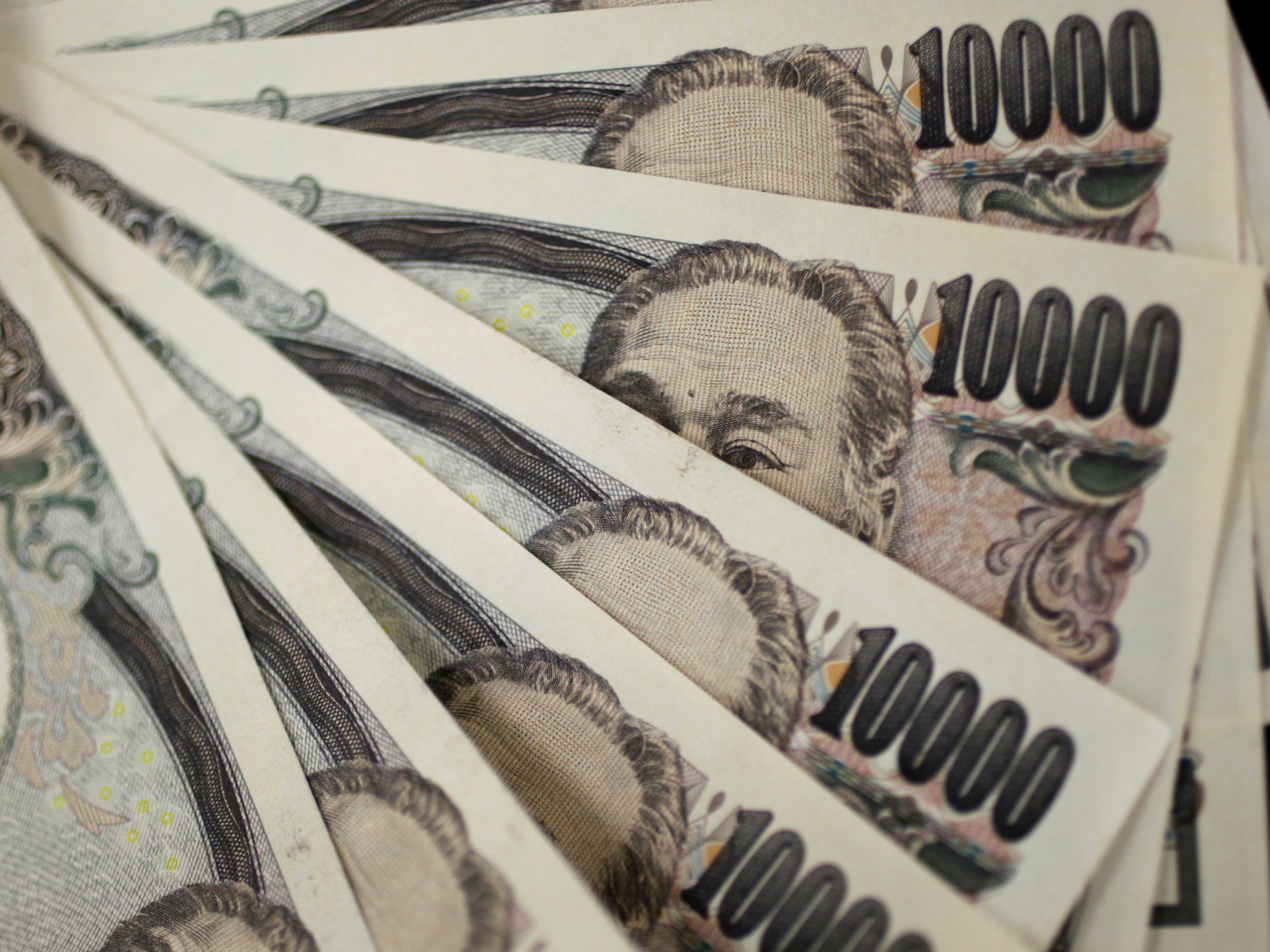In recent years, the Japanese currency, the yen, has experienced a sharp decline against the United States dollar, reaching its lowest level in 34 years. This has raised concerns among authorities that intervention may be necessary to stabilize the currency. The decline can be attributed to a number of factors, including the Bank of Japan’s decision to keep interest rates at ultra-low levels while other central banks have raised borrowing costs.
Despite an increase in interest rates by the BOJ earlier this year – the first in 17 years – the downward trend has persisted. This is particularly due to expectations of rate cuts in the US decreasing due to higher-than-expected inflation. While a weaker yen has benefited Japanese exporters and boosted tourism revenue, it has also led to higher prices for imported goods, putting pressure on household budgets.
The BOJ has indicated its readiness to intervene in the foreign exchange market if excessive fluctuations occur in the yen’s value. However, they have refrained from doing so during its year-long decline. Last Friday, the BOJ maintained its benchmark interest rate at 0-0.1 percent with BOJ Governor Kazuo Ueda emphasizing that exchange rate volatility would only impact monetary policy if it significantly affected the economy and prices. If adjustments are made to policy in response to significant impacts on exchange rates, it will likely lead to increased attention from global markets and investors.


